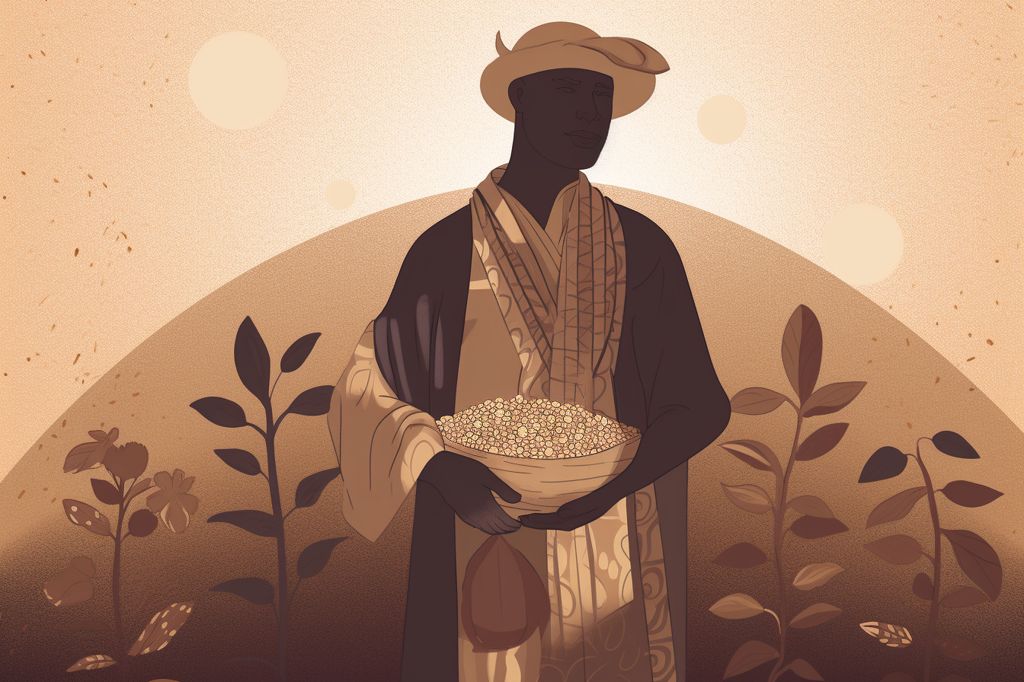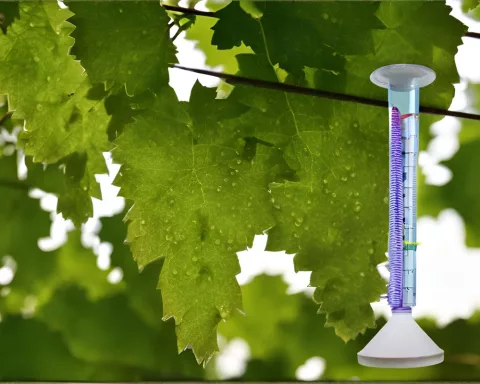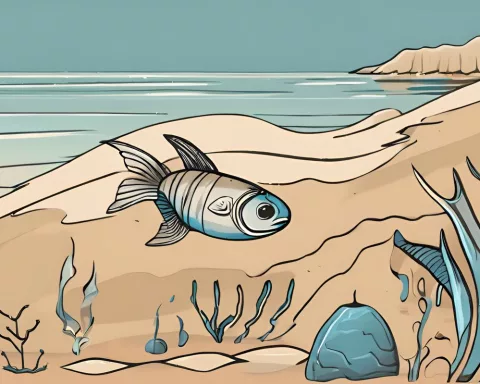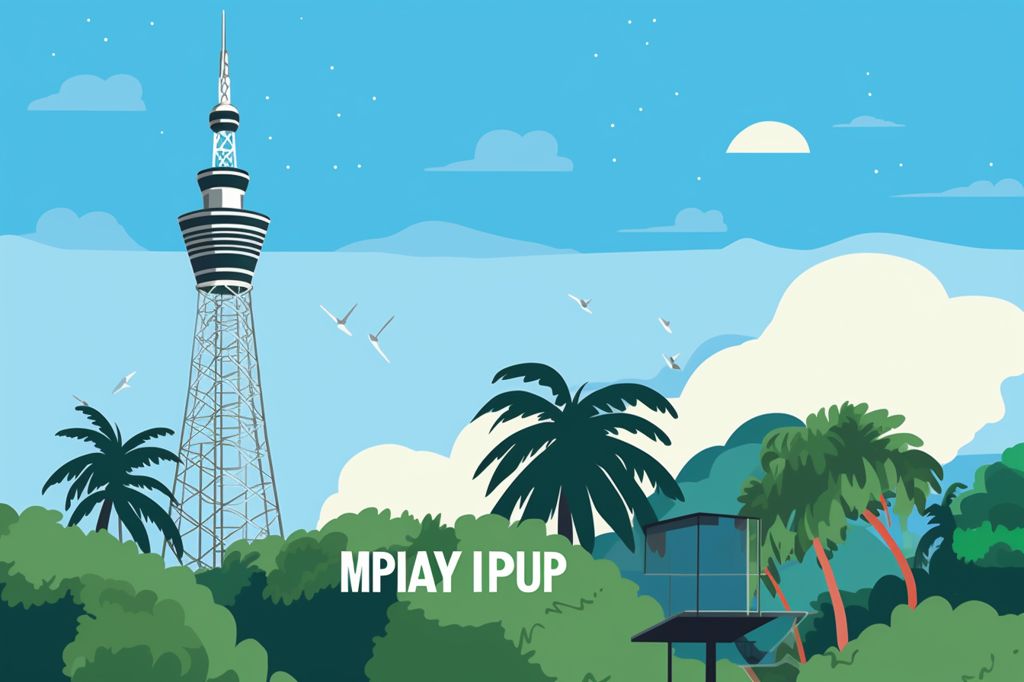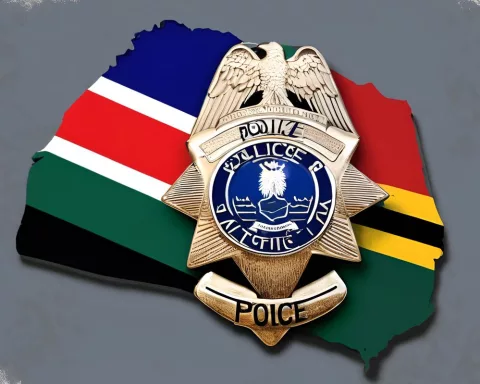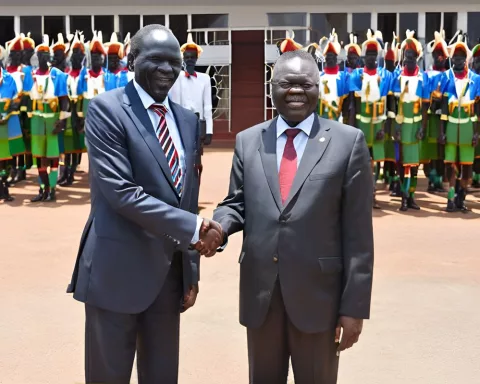Seed sovereignty is a crucial issue facing small-scale farmers and communities in Africa. The Last Seed is a timely and important film that explores the impact of seed patenting on farmers and their livelihoods. This article will discuss the film’s key themes and its call to action for sustainable agriculture.
Seed Sovereignty and the Right to Control Seeds
Seed sovereignty is the right of farmers and communities to save, exchange, and sell their seeds without facing legal or financial barriers. The Last Seed highlights how multinational corporations have been given the power to patent seeds in Africa. Farmers can only save, exchange, or sell seeds if they face legal action. The film shows how this has profound implications for food security and the livelihoods of small-scale farmers. However, the film demonstrates how farmers fight against seed patenting and reclaim their right to control their seeds.
Agroecology: A Sustainable Farming Approach
The Last Seed also touches on the impact of climate change on agriculture and the need for resilience in farming practices. The farmers featured in the film are practicing agroecology, a farming approach that prioritizes biodiversity, soil health, and the use of local resources. This approach is particularly effective in adapting to climate change, allowing farmers to adapt to changing weather patterns and extreme weather events. By focusing on agroecology, the film provides a positive vision of the future of agriculture: sustainable, resilient, and just.
Educational Resources and Call to Action
In addition to the film, The Last Seed has a range of educational resources available on its website, including a discussion guide, a seed sovereignty toolkit, and a teacher’s guide. These resources are designed to help people engage with the issues raised in the film and take action in their communities. The Last Seed is more than just a film; it is a call to action for all of us to take responsibility for the future of our food systems.
The Last Seed is a powerful and influential film that raises awareness about Africa’s modern-day food and agriculture crises. Through its compelling narrative and beautiful visuals, the film offers a unique perspective on the delicate balance between humanity and the planet. In addition, the film’s exploration of seed sovereignty and agroecology provides a positive vision for the future of agriculture. The Last Seed is a must-see for anyone interested at the end of our food systems and the critical need for change.

